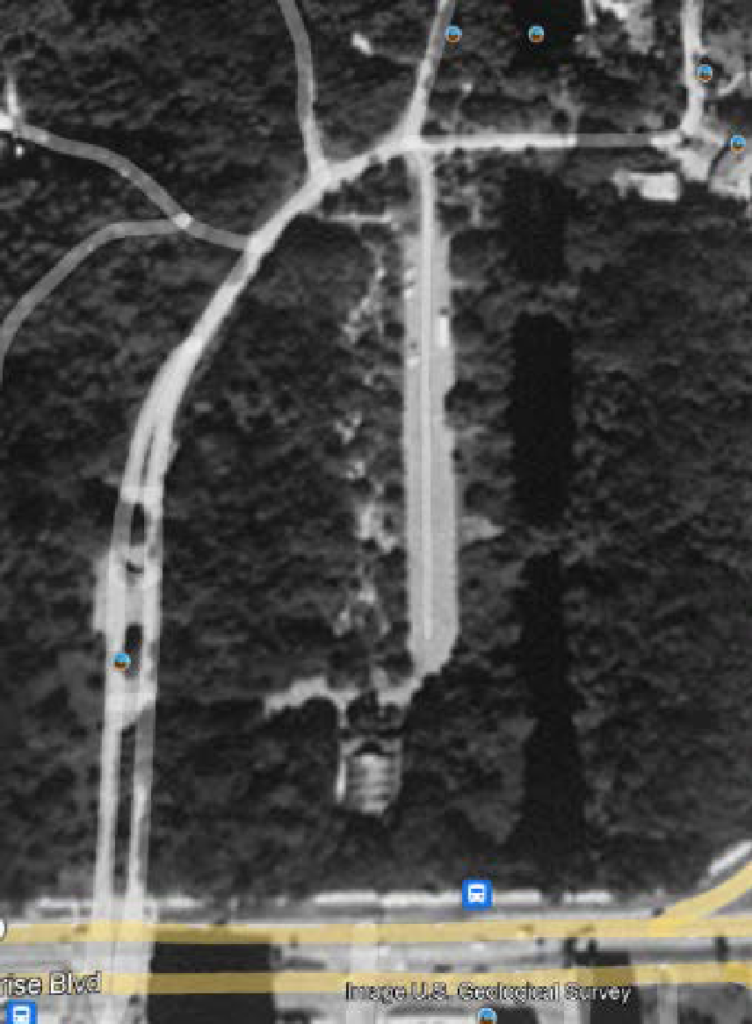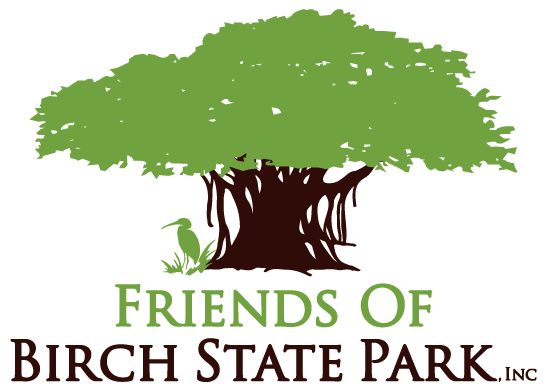Beach Jacquemontia Restoration at Birch State Park
Jacquemontia reclinata (hereafter “beach jacquemontia”) is a long-lived, federally endangered trailing vine endemic to the coastal dune and coastal strand plant communities on barrier islands of southeast Florida. Rapid and widespread development of these communities has led to a massive reduction in available habitat, threatening the species with extinction. Fairchild Gardens has worked closely on the recovery of beach jacquemontia since the 1980s, with efforts including monitoring, translocations and reintroductions throughout its historical range. Over the past three decades, at almost all populations, we have observed widespread encroachment of both native and non-native woody species that threatens the long-term survival of beach jacquemontia and associated species.
Funding from the USFWS Coastal Program has allowed Fairchild Gardens to focus on beach jacquemontia habitat restoration, working with land managers and partners like The Institute for Regional Conservation (IRC) to develop and implement long-term management strategies. Restoration of appropriate coastal habitat and maintenance of existing suitable habitat are vital to the survival of extant wild and reintroduced populations.
Previous evaluations of the wild beach jacquemontia population at Hugh Taylor Birch State Park showed a declining trend, with only 18 plants observed in late 2021 (from 97 plants in 2000). Fairchild GIS records as well as publicly available aerial photos show decreasing population footprint and available habitat from 1995 to today. By 2023, the beach jacquemontia habitat was reduced to a small “room” of less than one tenth of an acre, walled-off by native and non-native hardwoods. Over the past decade, Fairchild Gardens made management recommendations to park staff which included hardwood reduction (primarily sea grape, poisonwood, oak), to open up additional habitat for the population.
In December of 2023 Fairchild Gardens with a team of biologists began the restoration process. In the coming year, Fairchild will continue working with contractors and Park staff to conduct hardwood reduction and removal in the historic footprint of the species. This will expand the space available for the remaining plants and allow the population to expand back into areas it historically occupied. This area doubles as a gopher tortoise preserve. It is likely that the tortoises would also benefit from more open, sunny habitat that could support herbaceous plants that make up much of their diet.


the parking lot is visibly open with sandy gaps. Right, the same area in 2023, with closed-in canopy.
The photo shows the extent of beach jacquemontia mapped by Fairchild in 2000, which is also the
proposed area for habitat restoration in Year 5. The yellow circle shows where beach jacquemontia
plants are currently present.
To support this and other projects around the Birch State Park, please Donate to support Friends of Birch State Park.





